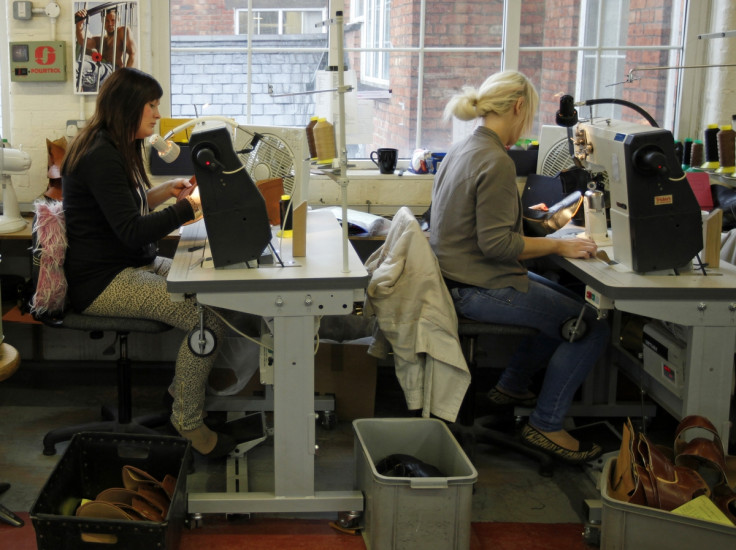International Women's Day: UK GDP could rise by increasing female participation in British labour force, PwC says

The Gross Domestic Product (GDP) of the country could get a boost by increasing the number of women employed in the British labour force, according to a report by PwC. If UK's level of female participation equals that of Sweden, its GDP could rise by 9% or £170bn (€219.88bn, $241.38bn), the consulting group added.
While 60% of the women in Sweden are employed full-time, 13% are part-time employees. This gives the Scandinavian country one of the highest rankings in female employment rates in the 34-member Organisation for Economic Co-operation and Development (OECD). The international economic organisation was founded in 1961 to stimulate world trade and economic progress. These figures are higher than in the UK, where 42% of the women are employed full-time, while 26% are employed part-time.
UK's ranking in PwC's Women in Work index, which tracked the full-time employment rate of women in OECD countries, was fourth from the bottom. While the country's figures were as poor as that of Australia's, the only two countries it beat among the countries that were ranked were Switzerland and the Netherlands.
According to the report, some of the reasons UK had a lower percentage of women working in the country, were lack of access to affordable childcare and underemployment. UK parents were known to spend 27% of their household income on childcare, making it a "key barrier" in preventing the country's female workforce from rejoining work after having children.
This expense was five times more than what was spent in Sweden, where only 5% of household income is spent by parents on childcare, thanks to higher subsidies from their government.
Yong Jing Teow, an economist at PwC, said, "Underemployment also remains a pressing issue. In the UK alone, 1.5m women would like to work more hours but do not have the opportunity to do so."
The index's top 10 countries remained the same. The top five countries where women employment is high include Iceland, Norway, Sweden, New Zealand and Slovenia, according to The Telegraph.
Regarding the overall picture of women employed in OECD countries, Teow said, "Significant gains have been made across the OECD to improve female economic empowerment: more women are in work than ever before, and unemployment rates have gradually declined following 2008 global financial crisis". However, on the downside, "the gender pay gap remains unacceptably wide – women are still paid $83 for every $100 her male counterpart earns on average across the OECD" Teow added.
© Copyright IBTimes 2025. All rights reserved.





















